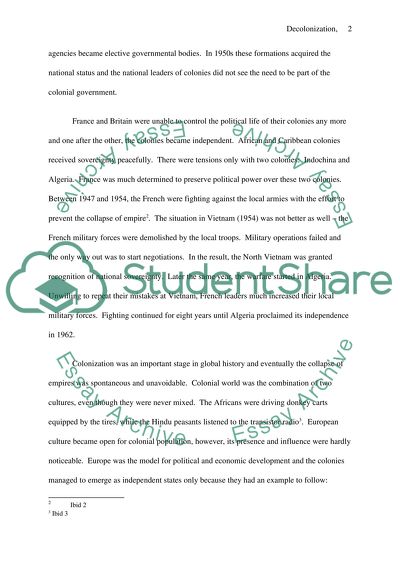Cite this document
(Decolonization - French and British Colonies Case Study, n.d.)
Decolonization - French and British Colonies Case Study. Retrieved from https://studentshare.org/history/1538367-why-was-decolonisation-so-rapid
Decolonization - French and British Colonies Case Study. Retrieved from https://studentshare.org/history/1538367-why-was-decolonisation-so-rapid
(Decolonization - French and British Colonies Case Study)
Decolonization - French and British Colonies Case Study. https://studentshare.org/history/1538367-why-was-decolonisation-so-rapid.
Decolonization - French and British Colonies Case Study. https://studentshare.org/history/1538367-why-was-decolonisation-so-rapid.
“Decolonization - French and British Colonies Case Study”. https://studentshare.org/history/1538367-why-was-decolonisation-so-rapid.


